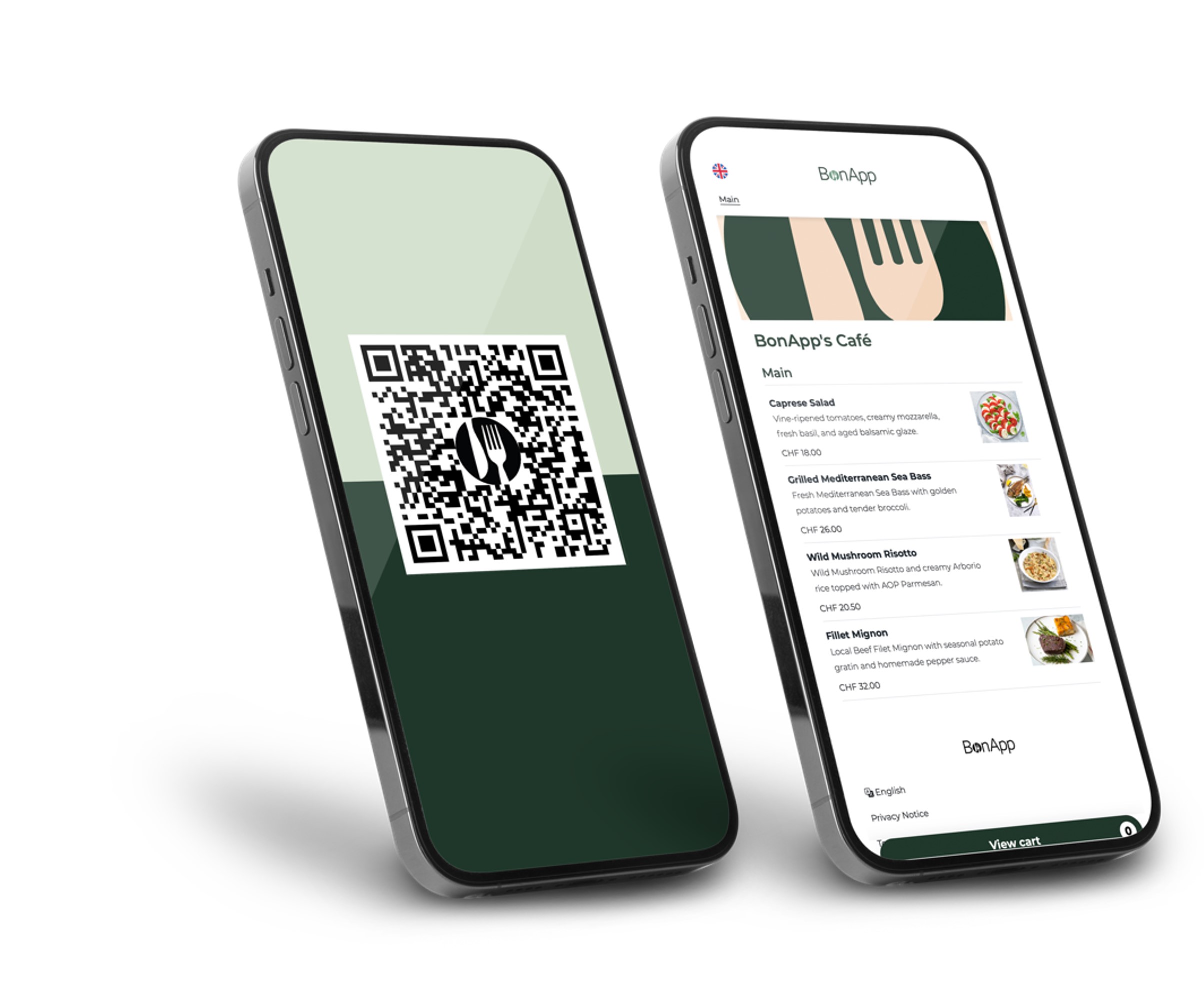Restaurant Point of Sale (POS) systems, a pivotal innovation in the culinary industry, fundamentally transformed how restaurants operate. These systems have evolved from basic cash registers to sophisticated, multifunctional hubs that manage transactions, track sales, and streamline operations.
Beyond processing payments, modern POS systems offer features like inventory management, table reservations, customer relationship management, and detailed sales reporting. They serve as the technological backbone of a restaurant, providing a centralized platform for efficient management and enhanced customer service, reflecting the industry’s shift towards digital integration.
Next, we’ll explore the top five reasons for restaurants to embrace a digital POS system, highlighting its transformative impact on business operations
1. Enhanced Efficiency and Productivity
Restaurant management technology significantly streamlines operations across various aspects of the business, making processes more efficient and error-free. By automating tasks such as order taking and inventory management, these systems facilitate quicker service and shorter wait times for customers. The automation not only reduces the likelihood of human error but also allows staff to devote more time to enhancing customer service. This comprehensive approach to operational management allows staff to focus on delivering a superior dining experience, while the backend processes run seamlessly and efficiently.
2. Improved Customer Efficiency
Advanced features in restaurant management software, such as online reservations, ordering systems, and customer accounts significantly enhance the dining experience. Customer accounts, for instance, can store individual preferences and dining history, allowing for more personalized service. This feature enables restaurants to tailor their offerings and interactions based on past choices, creating a more customized and memorable experience for each guest. Meanwhile, online reservations streamline the process of securing a table, making it convenient and effortless for customers. These technologies work in concert to modernize the dining experience, making it more efficient, personalized, and customer friendly.
3. Data-driven Decision Making
The integration of advanced analytics in restaurant management software empowers owners with the ability to make well-informed decisions. These systems offer crucial insights into sales trends, popular menu items, customer preferences, and behavioral patterns. By analyzing this data, restaurants gain the capability to fine-tune their menus, strategically adjust pricing, and pinpoint areas in need of improvement. Moreover, understanding peak selling hours and identifying best-selling dishes and drinks enables managers to make financially astute decisions. This information is invaluable for optimizing staffing, managing inventory effectively, and planning promotional activities. With data to back their strategies, restaurant managers can not only enhance operational efficiency but also maximize profitability**.**
4. Cost Reduction and Increased Profitability
Integrating advanced technologies like online payments and QR code ordering systems within restaurant management systems not only modernizes restaurant operations but also significantly enhances revenue generation. These user-friendly platforms encourage customers to increase their order sizes and are often associated with higher tipping rates, thereby boosting overall income. Moreover, the automation capabilities of contemporary POS systems facilitate substantial cost savings by optimizing staffing requirements; many routine tasks are efficiently handled digitally. In addition to these benefits, the strategic use of automated inventory management plays a pivotal role in reducing food waste and avoiding excess stock, further contributing to cost-effectiveness and operational sustainability.
5. Competitive Advantage
In the fiercely competitive restaurant industry, where staying ahead is vital, embracing cutting-edge technology is more than a trend—it’s a strategic necessity. By integrating the latest advancements, restaurants can distinctly set themselves apart from competitors. Features like online ordering and digital payment options not only cater to a tech-savvy clientele but also significantly elevate the overall brand image, making the establishment more appealing to a broader, modern audience. Additionally, these technological enhancements streamline customer interactions and service delivery, leading to improved customer satisfaction and loyalty.
In conclusion, the integration of advanced restaurant management technology, particularly digital POS systems, is not just a step towards modernization; it’s a strategic move crucial for success in today’s competitive culinary landscape.
These systems enhance operational efficiency, elevate the customer experience, enable data-driven decision-making, boost profitability, and provide a significant competitive edge. In an industry that’s constantly evolving and facing new challenges, adopting these technologies is a forward-thinking approach that positions restaurants for long-term success and sustainability.
Therefore, embracing this digital transformation is essential for any restaurant looking to thrive in the current market and beyond.
Find out how leading restaurants manage their operations with POS systems by scheduling a demo with BonApp.





